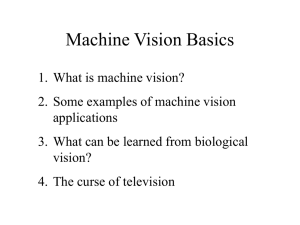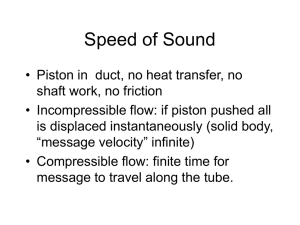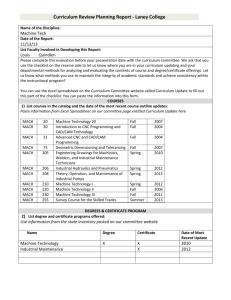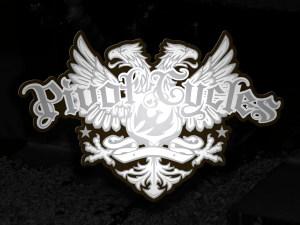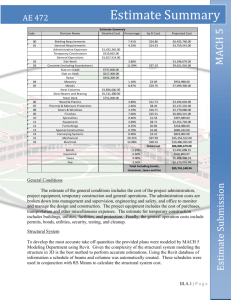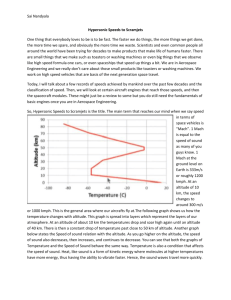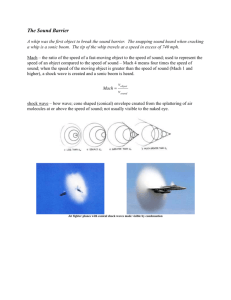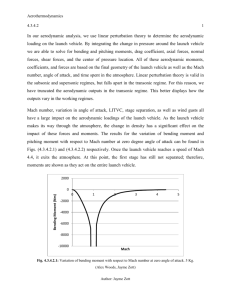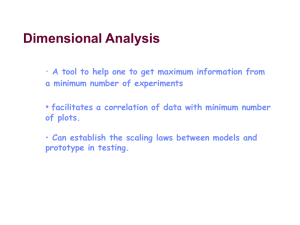JAF 01 GREATEST DISCOVERIES IN PHYSICS Discussion In your
advertisement
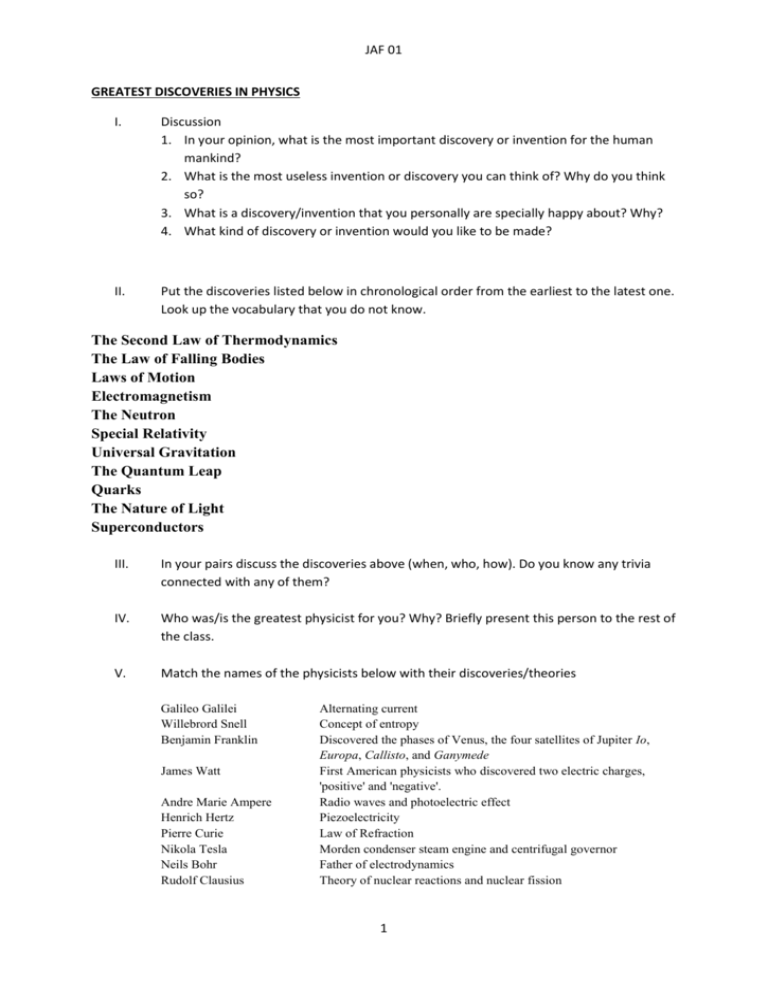
JAF 01 GREATEST DISCOVERIES IN PHYSICS I. Discussion 1. In your opinion, what is the most important discovery or invention for the human mankind? 2. What is the most useless invention or discovery you can think of? Why do you think so? 3. What is a discovery/invention that you personally are specially happy about? Why? 4. What kind of discovery or invention would you like to be made? II. Put the discoveries listed below in chronological order from the earliest to the latest one. Look up the vocabulary that you do not know. The Second Law of Thermodynamics The Law of Falling Bodies Laws of Motion Electromagnetism The Neutron Special Relativity Universal Gravitation The Quantum Leap Quarks The Nature of Light Superconductors III. In your pairs discuss the discoveries above (when, who, how). Do you know any trivia connected with any of them? IV. Who was/is the greatest physicist for you? Why? Briefly present this person to the rest of the class. V. Match the names of the physicists below with their discoveries/theories Galileo Galilei Willebrord Snell Benjamin Franklin James Watt Andre Marie Ampere Henrich Hertz Pierre Curie Nikola Tesla Neils Bohr Rudolf Clausius Alternating current Concept of entropy Discovered the phases of Venus, the four satellites of Jupiter Io, Europa, Callisto, and Ganymede First American physicists who discovered two electric charges, 'positive' and 'negative'. Radio waves and photoelectric effect Piezoelectricity Law of Refraction Morden condenser steam engine and centrifugal governor Father of electrodynamics Theory of nuclear reactions and nuclear fission 1 JAF 01 VI. Scan the text about Ernst Mach and find words corresponding with their Czech translations: Paragraph 1: -lektor, učitel -urozený Paragraph 2: -jmenovat, ustanovit Paragraph 3: -přispění, přínos -jiskra -balistický -kulka, náboj -nábojnice; dělová střela -stlačení, komprese Paragraph 4: -rozpoznat -pocit, dojem -neslučitelný, nekompatibilní -nezáležný na způsobě uvažování -neochota -uznat, přiznat -rozumný, správný -týkající se -přisuzovat, přičítat -cuknutí, trhnutí Paragraph 5: -vnější -nadzvuková rychlost -projektil, střela, náboj -kužel -vrchol, špička -poměr, podíl -klíčový, rozhodující VII. Read the first 3 paragraphs of the text below and decide if the statements are true or false 1. 2. 3. 4. 5. 6. Ernst W. J. Wenyel Mach was born in Brno. His father worked at Charles University in Prague. Ernst’s work was greatly influenced by his grandfather. At the age of 18 he studied physics at the University of Vienna. After graduating from university he went to work for Charles University. Physicists give Mach biggest credit for spark and ballistic shock-waves studies. 2 JAF 01 Ernst Waldfried Josef Wenzel Mach was born on February 18, 1838 in Chrlice (German: Chirlitz), Moravia (then in the Austrian empire, now part of Brno. His father, who had graduated from Charles University in Prague, acted as tutor to the noble Brethon family in Zlín, eastern Moravia. His grandfather, Wenzl Lanhaus, an administrator of the estate Chirlitz, was also master builder of the streets there. His activities in that field later influenced the theoretical work of Ernst Mach. Up to the age of 14, Mach received his education at home from his parents. He then entered a Gymnasium in Kroměříž (German: Kremsier), where he studied for three years. In 1855 he became a student at the University of Vienna. There he studied physics and for one semester medical physiology, receiving his doctorate in physics in 1860 and his Habilitation the following year. His early work focused on the Doppler effect in optics and acoustics. In 1864 he took a job as Professor of Mathematics in Graz, and in 1866 he was appointed as Professor of Physics. In 1867, he took the chair of Experimental Physics at the Charles University, Prague, where he stayed for 28 years before returning to Vienna. Mach's main contribution to physics involved his description and photographs of spark shockwaves and then ballistic shock-waves. He described how when a bullet or shell moved faster than the speed of sound, it created a compression of air in front of it. Mach also became well known for his philosophy, a type of phenomenalism recognizing only sensations as real. This position seemed incompatible with the view of atoms and molecules as external, mind-independent things, and from about 1908 to 1911 Mach's reluctance to acknowledge the reality of atoms was criticized by Max Planck as being incompatible with physics. Some of Mach's criticisms of Newton's position on space and time influenced Einstein, but later Einstein realized that Mach was basically opposed to Newton's philosophy and concluded that his physical criticism was not sound. One of the best-known of Mach's ideas is the so-called "Mach's principle," concerning the physical origin of inertia. This was never written down by Mach, but was given a graphic verbal form, attributed by Philipp Frank to Mach himself, as, "When the subway jerks, it's the fixed stars that throw you down." Most of Mach's initial studies in the field of experimental physics concentrated on the interference, diffraction, polarization and refraction of light in different media under external influences. There followed his important explorations in the field of supersonic velocity. Mach's paper on this subject was published in 1877 and correctly describes the sound effects observed during the supersonic motion of a projectile. Mach deduced and experimentally confirmed the existence of a shock wave which has the form of a cone with the projectile at the apex. The ratio of the speed of projectile to the speed of sound vp/vs is now called the Mach number. It plays a crucial role in aerodynamics and hydrodynamics. VIII. Read the remaining 2 paragraphs and answer the questions: 1. 2. 3. 4. 5. 6. Who was Mach criticized by and what for? Who did Mach influence? What is „Mach’s principle“? Which areas within the field of experimental physics were of Mach’s interest? Which Mach’s work was published in 1877? What is Mach number? 3 JAF 01 IX. Find prepositions/adverbials which collocate with these words/phrases from the text was born ____ 18th of February graduate ____ Vienna University receive doctorate ____ physics focus ____ one area to be appointed ____ professor contribution ____ physics well known ____ his theory incompatible ____ the view of… opposed ____ his philosophy concentrated ____ polarization studies X. Listen to the recording about ASTRONOMY’S SECOND GOLDEN AGE and answer the questions. 1. What is the name of the planet mentioned in the beginning? 2. What was the significance of that discovery, according to the speaker? 3. Which event is seen as a threshold for golden age of discoveries in astronomy? 4. What does the number 13.7 billion years refer to? 5. How much of the universe “stuff” do we know today? 6. According to Lord Rees, why is it easier these days to make a discovery? 7. What kind of impression did pictures taken by the Hubble Telescope give people? 8. What is the main development in the science of astronomy? XI. Work in pairs; prepare a presentation of one chosen discovery/invention in physics (cca 5 minutes), which you will present to the rest of the class in the next lesson. Prepare some follow up questions to check how much your colleagues have learnt from your presentation. 4
